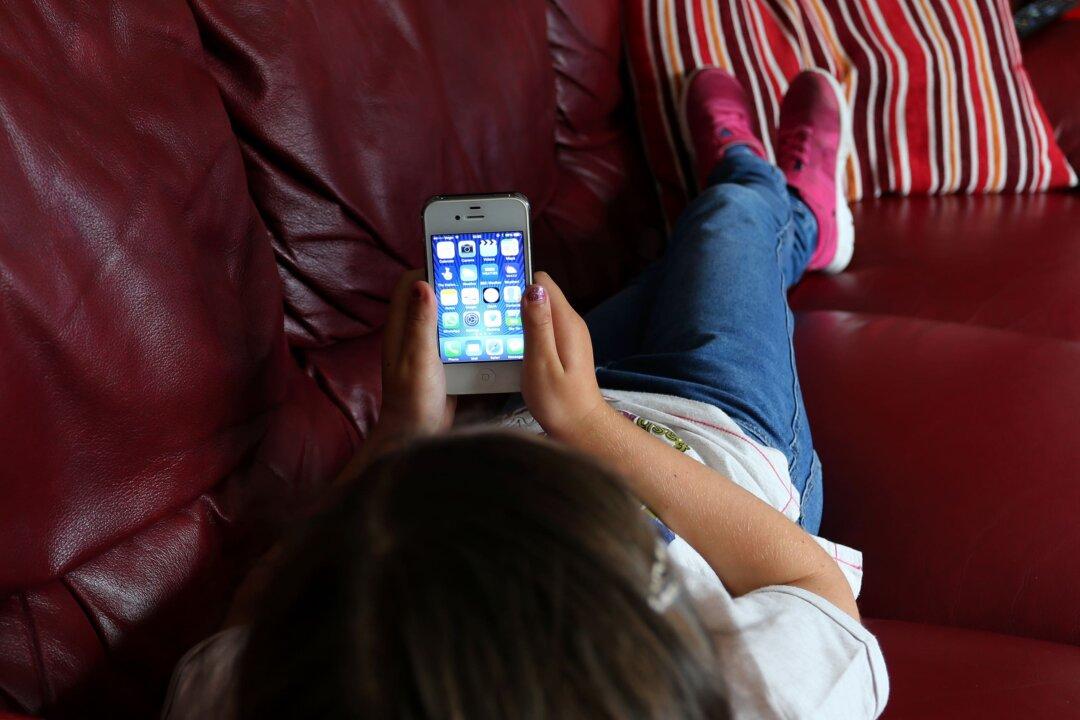Tech giants face large fines as new UK child data and privacy protection measures come into full force.
The Age Appropriate Design Code, which comes into force on Sept. 2, sets out 15 standards that companies are expected to build into any online services used by children, making data protection of young people a priority from the design up.




